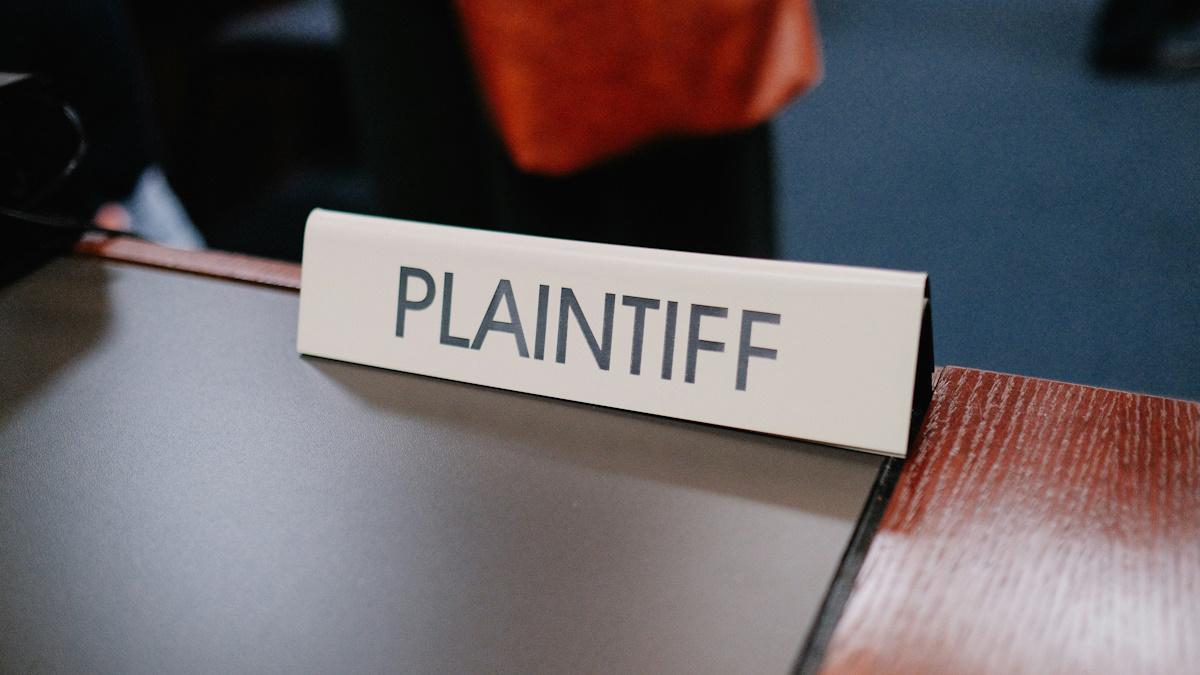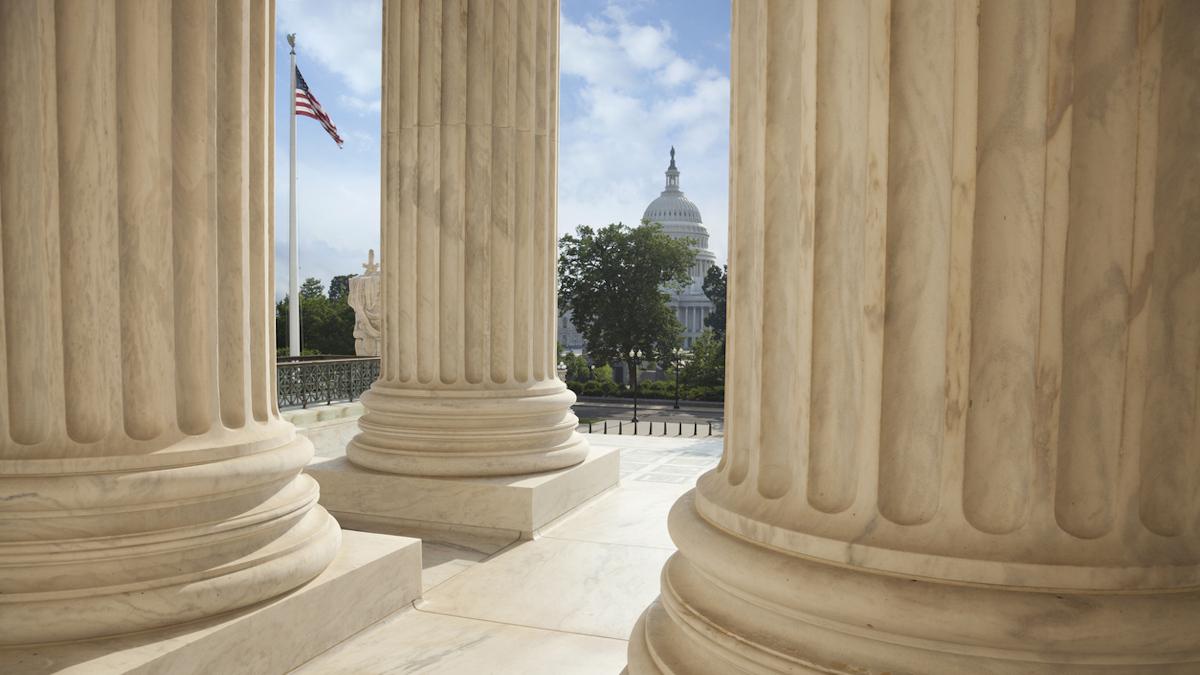Pharmas ask appeals court to reconsider IRA lawsuits

The pharma industry's challenge to Medicare drug price negotiation powers continues to rumble on, with three drugmakers asking a US appeals court to revive their lawsuits.
Lawyers for AstraZeneca, Bristol-Myers Squibb, and Johnson & Johnson argued at a panel hearing in Philadelphia late last week that the negotiation powers – introduced as part of the Biden administration's Inflation Reduction Act (IRA) – infringe their constitutional rights.
Earlier this year, lower courts in New Jersey, Connecticut, and Delaware rejected their primary argument that the process is not a negotiation at all as there is no way to challenge the pricing decisions, forcing the three companies to launch appeals.
All three have argued that manufacturers' only option is to refuse to negotiate, in which case they face hefty fines, or to withdraw their drugs from Medicare and Medicaid altogether, depriving them of access to around half the US market and depriving patients of essential medicines.
Their lawyers reiterated the claim at the hearing that this amounts to deprivation of private property without due process – effectively taking off their product without compensation – which violates the US Constitution.
They also complained that the companies' rights to free speech are violated by forcing them to agree to a "fair price" for their medicines – even if they do not believe that is the case.
In response, lawyers representing the deferral government argued that there is no issue with the government using Medicare's purchasing power to get better prices for patients.
AZ's Farxiga (dapagliflozin) for diabetes, heart failure, and chronic kidney disease, J&J's immunological therapy Stelara (ustekinumab) and anticoagulant Xarelto (rivaroxaban), and BMS' blood thinner Eliquis (apixaban) are among the 10 medicines elected for the first round of Medicare price reductions, which are due to come into effect at the start of 2026.
Farxiga will see its list price reduced by 68%, Stelara and Xarelto by 66% and 62%, respectively, while Eliquis will have a 56% cut.
Biden said earlier this year the intention is to expand the programme each year, with 15 drugs set to be included in 2027, with Vice President and Presidential candidate Kamala Harris also vowing to further expand it if she defeats Donald Trump in the election later this week.
It's not certain yet whether the hearing in the 3rd US Circuit Court of Appeals will result in the complaints being taken forward. So far at least, all legal challenges to the negotiation elements of the IRA have failed, and that includes lawsuits by several pharma companies, the Pharmaceutical Research and Manufacturers of America (PhRMA) trade organisation, and the US Chamber of Commerce.
There was, however, one small victory for the PhRMA in September, after the US Court of Appeals for the Fifth Circuit reversed a previous dismissal of PhRMA's lawsuit and sent its complaint back to the lower court to be heard again.
Photo by Wesley Tingey on Unsplash












